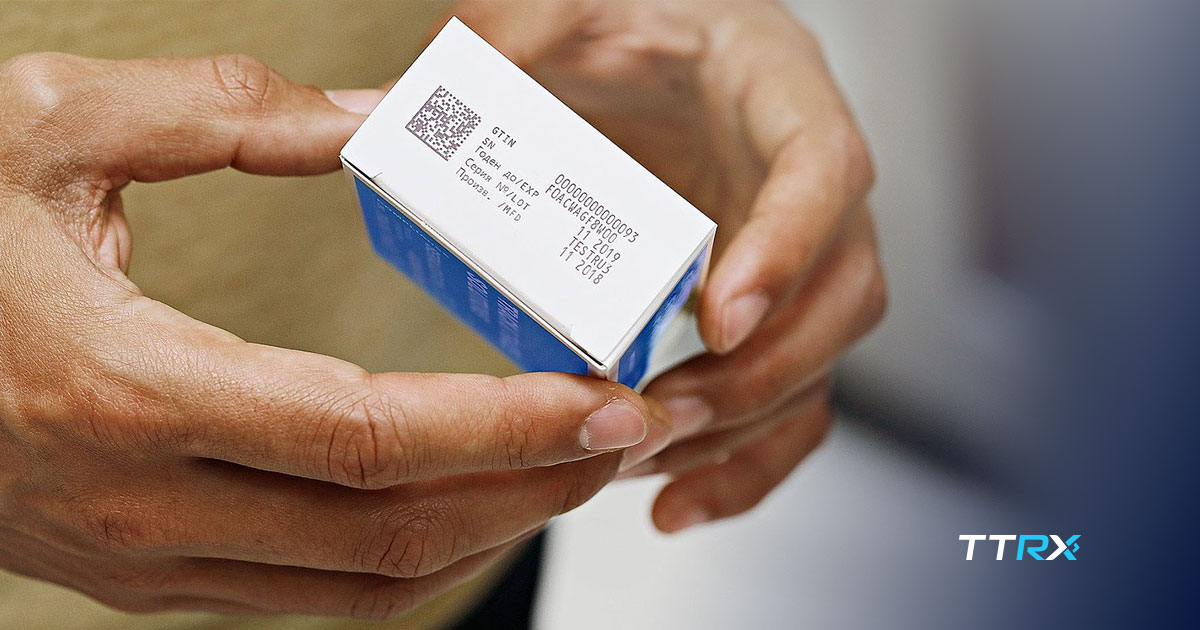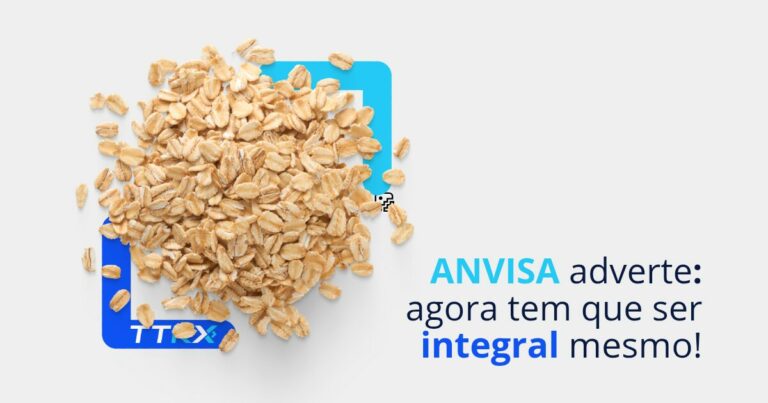À medida em que as falsificações de medicamentos tornam-se drasticamente mais frequentes em todo o mundo, o padrão GS1 EPCIS tem garantido a integridade da cadeia de suprimentos de saúde e a segurança do consumidor.
Medicamentos ilegítimos podem entrar na sua cadeia de distribuição a qualquer momento, mas dificilmente os falsificadores conseguirão atestar um fluxo de informações convincentes sobre a origem desses produtos. Esse fluxo de informações é a base para a criação de legislações como a DSCSA, que evitam que medicamentos falsificados cheguem até o consumidor.
Hoje, as partes interessadas da cadeia de suprimentos de saúde exigem o fornecimento e o acesso de informações relacionadas a transações e movimentações de medicamentos.
Assim, o ciclo de vida de um produto pode ser mapeado em consonância com as regulamentações vigentes.
Enquanto os prazos regulatórios se aproximam, entenda como o EPCIS possibilita que parceiros comerciais da saúde atendam aos requisitos regulatórios das Cadeias de Custódia e Propriedade de medicamentos, usando a visibilidade da cadeia de suprimentos para melhorar a eficiência e a segurança de seus processos.
Descubra 4 pontos cegos da cadeia de suprimento da saúde que precisam de solução
Empresas participantes de cadeias de suprimentos farmacêuticas do mundo todo estão lutando para:
- Melhorar a agilidade e a capacidade de resposta às mudanças na demanda e possíveis interrupções de fornecimento;
- Possibilitar a visibilidade de informações de qualquer produto em qualquer estágio da cadeia;
- Aumentar a confiança do consumidor por meio da transparência de informações;
- Reduzir o custo de integração com parceiros comerciais.
GS1 EPCIS: rastreabilidade baseada em eventos é a única solução.
Electronic Product Code Information Services, ou apenas EPCIS, é uma linguagem que permite que agentes da cadeia de suprimentos capturem e compartilhem informações sobre o fluxo de qualquer produto, desde a sua produção até o consumo.
O EPCIS entende a movimentação de um produto como um evento, respondendo às seguintes perguntas:
- O que: qual produto participa deste evento?
- Quando: em que momento o evento aconteceu?
- Onde: de onde o produto saiu? Onde ele está agora?
- Por que: o evento faz parte de que processo? Por que ele aconteceu?

O EPCIS é usado para compartilhar a trajetória de um produto, rastreada por meio de números de série ou lote.
Assim, diferentes empresas podem ter uma visão compartilhada dos eventos de visibilidade de um item dentro da cadeia de suprimentos.
O EPCIS deve ser acompanhado do GS1 Core Business Vocabulary (CBV), um vocabulário padronizado que garante que as empresas interessadas falem a mesma língua ao compartilharem dados de eventos.
DSCSA 2023 e EPCIS: troca eletrônica de dados interoperável e mais segura.
Dentre os principais requisitos da Drug Supply Chain Security Act (DSCSA) nos Estados Unidos está a rastreabilidade unitária completa por meio dos identificadores de produto.
Qualquer parceiro comercial autorizado deve trocar Informações de Transação e Declarações de Transação de produtos de modo eletrônico, interoperável e seguro.
A lei exige que essa troca de dados eletrônica deve estar em conformidade com algum padrão reconhecido internacionalmente.
E o EPCIS é o único padrão que atende a esses requisitos com eficiência!
Alinhe suas soluções de rastreabilidade ao GS1 EPCIS e entenda os benefícios de um padrão global aberto.
O EPCIS, compatível com dados capturados por leitura de códigos de barras, apresenta benefícios úteis a cadeias de suprimentos de qualquer setor:
Custos gerais
Segunda a GS1 Global, o alinhamento ao EPCIS reduz os custos de pós-implementação de sistemas de rastreabilidade.
Cada vez mais utilizado nos setores da saúde e alimentação, por exemplo, o padrão melhora a eficiência de diversos processos organizacionais como a gestão de inventário, a prevenção de perdas e a corrida pelo aumento da segurança do consumidor (com reflexos positivos na reputação da marca).
Processos mais simples
O EPCIS auxilia negócios que participam da cadeia de suprimentos facilitando processos complexos, como:
- Reembalagem;
- Retorno e rastreamento;
- Recalls e retiradas.
Proteção e propriedade
Durante a captura e o compartilhamento de dados de eventos, o padrão EPCIS auxilia na identificação do agente em posse da custódia ou propriedade de um item, determinando também o agente que era proprietário antes da movimentação.
Por que eu devo me preparar para o GS1 EPCIS agora?

A utilização de linguagens padrão como o EPCIS apoia a serialização e a rastreabilidade de produtos que garantem a segurança da cadeia de suprimentos da saúde, respeitando os regulamentos emergentes no mundo todo – com seus prazos finais de implementação cada vez mais próximos!
Preparar-se agora para o EPCIS permite que toda a comunidade da saúde esteja em conformidade com os requerimentos regulatórios, diminuindo os casos de adulteração, falsificação ou desvio de medicamentos e outros produtos farmacêuticos.
Ainda não encontrou um fornecedor de rastreabilidade ideal para o seu negócio? As soluções em serialização e rastreabilidade da TrackTraceRX são compatíveis com o compartilhamento de eventos EPCIS e EDI, e ainda garantem que você economize com os custos de implantação!
Entre em contato com o nosso time de especialistas e descubra quais os próximos passos que sua empresa deve tomar em direção à conformidade regulatória!




